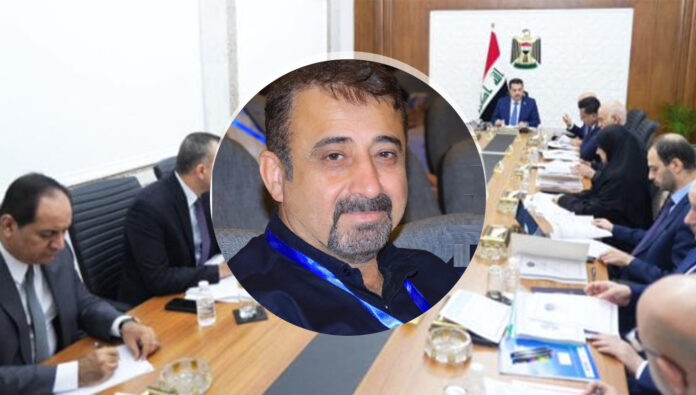Sherzad Naif
Public Sector Workers in Kurdistan: A Crisis of Neglect
Public sector employees in the Kurdistan Region have gone for months without receiving their salaries due to the Iraqi government’s failure to release the funds they are owed. This prolonged delay has plunged countless families into financial despair, leaving them unable to afford essential needs such as rent, food, and medical care. To compound their struggles, these citizens are still expected to pay for utilities—services they either barely receive or find unreliable at best. This untenable situation has led many to feel abandoned by the very government that is duty-bound to safeguard their basic rights and welfare.
Misplaced Priorities and Widespread Inequities
While the people of Kurdistan endure these hardships, the Iraqi government continues to allocate resources to projects and events that seem far removed from the realities of everyday life. Instead of addressing critical issues such as chronic water shortages, widespread electricity failures, and the unresolved salary crisis, significant funds are directed towards initiatives that fail to alleviate the suffering of ordinary citizens. These misplaced priorities not only reflect poor governance but also deepen the divide between the government and the people it serves.
The lack of basic services such as consistent electricity, clean water, and functional infrastructure stands in stark contrast to the lavish spending on non-essential programs. This disparity highlights a troubling disregard for the urgent needs of the people, further eroding trust in the central government.
The Need for Accountability and Action
The people of Kurdistan have suffered in silence for far too long. It is imperative that they begin to demand accountability from the central government. Peaceful demonstrations, organized petitions, and unified public calls for reform can serve as powerful tools to apply pressure on those in power. The Iraqi government must be compelled to prioritize the immediate needs of its citizens, starting with ensuring timely salary payments, restoring basic services, and implementing policies to create sustainable job opportunities.
Additionally, regional leaders must advocate more effectively on behalf of their constituents, engaging both the Iraqi government and the international community to address this ongoing crisis. Diplomatic efforts and strategic alliances could help amplify the voices of those who are suffering and attract much-needed attention to their plight.
A Call for Justice and Change
The Kurdistan Region stands at a critical juncture. Families are being crushed under the weight of unpaid wages and inflated bills for services that are unreliable or nonexistent. Meanwhile, the central government’s inaction perpetuates a cycle of poverty and despair. This crisis is not just an economic failure but a moral one. The Iraqi government must recognize its responsibility to all its citizens, regardless of regional or ethnic divisions, and take swift action to address these systemic failings.
The people of Kurdistan deserve dignity, fairness, and the assurance that their government will not leave them behind. Change is long overdue, and the voices of the people must rise to demand the justice and support they rightfully deserve. Let this be the moment when their resilience turns into collective action and their struggles are met with solutions, not silence.





